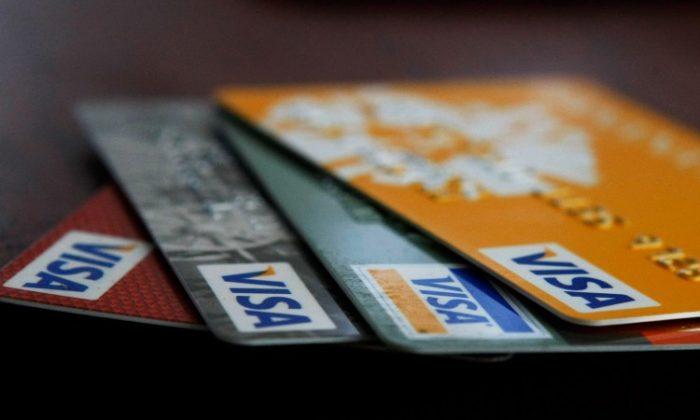Treasurer Josh Frydenberg has said Australia needs to prepare for an “eye-watering” amount of debt in the national budget update on Thursday, July 24.
“The coronavirus has required the government to spend unprecedented amounts of money to people in need,” said Frydenberg.
Explaining that every dollar the government has spent is a borrowed dollar the treasurer said: “We are spending $11 billion a month on JobKeeper and that is unsustainable if we kept that going indefinitely.”
Explaining that the debt will “absolutely” not be paid off for at least two generations, Frydenberg said that the government believes the “higher debt burden needs to be met by the government.”
“We would not want to see a reduction in services or an increase in taxes. So the option is to grow the economy” said Frydenberg.
“When you have a stronger economy, you can manage the higher debt,” said Frydenberg.
“This has been the single largest economic impact that the government has had to face since the Second World War,” said the prime minister, who also warned that Australians need to wean themselves off the income supports.
Morrison also said that no one should expect any new announcements on July 23 in the treasurer’s financial statement.
“Tomorrow is about just reconciling the books for last year and this year in terms of all the commitments that have been made. So it’s to be transparent with people about what the cost is,” he said.
The treasurer was optimistic though about the Australian economy noting that Australian had entered the economic crisis in a strong position, which gave the government the financial power to respond.
In the recent figures, retail turnover saw a 2.4 percent rise in June, with the increases mainly coming from cafes, restaurants, takeaway food services; and clothing, footwear, and personal accessory retailing.




